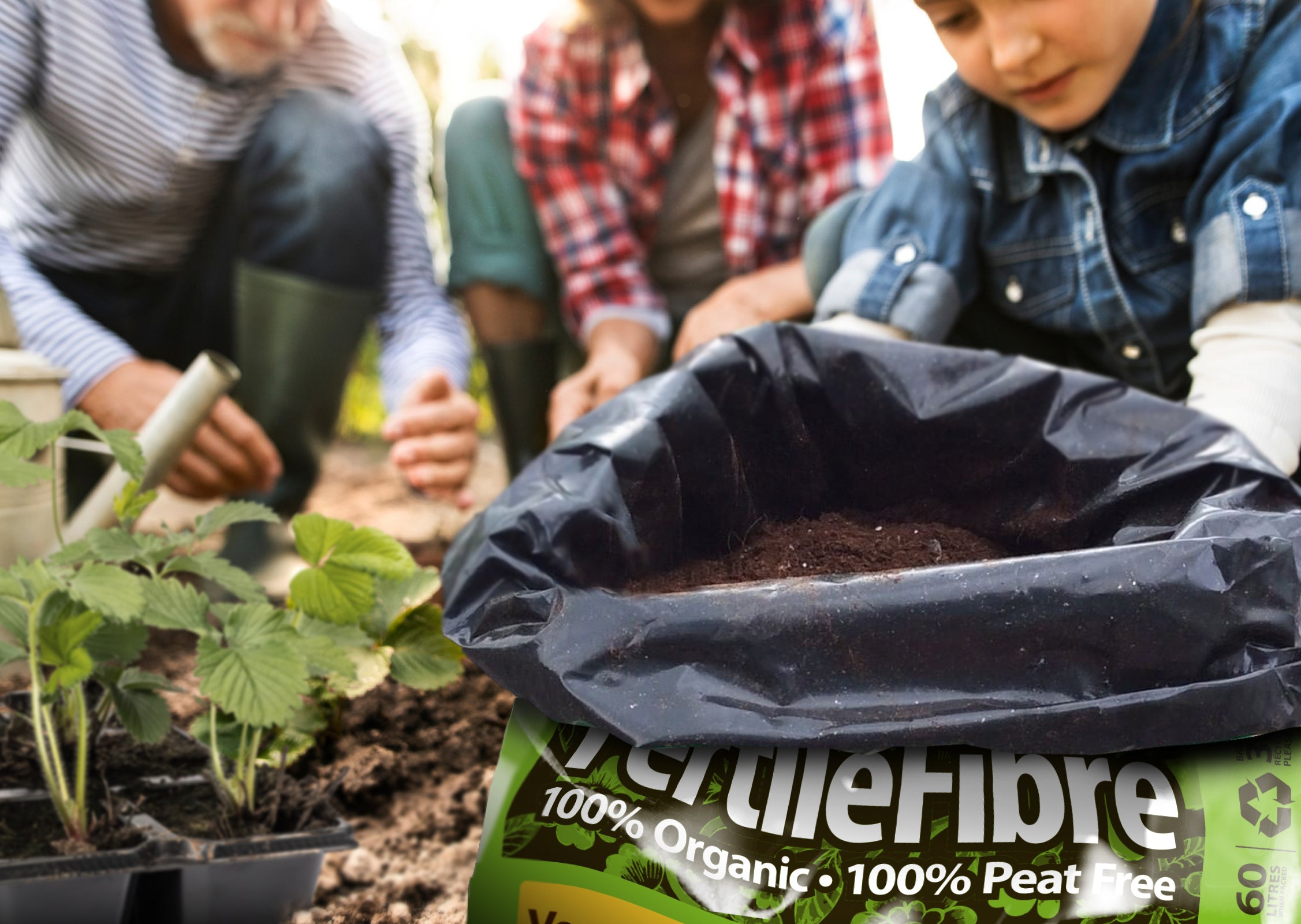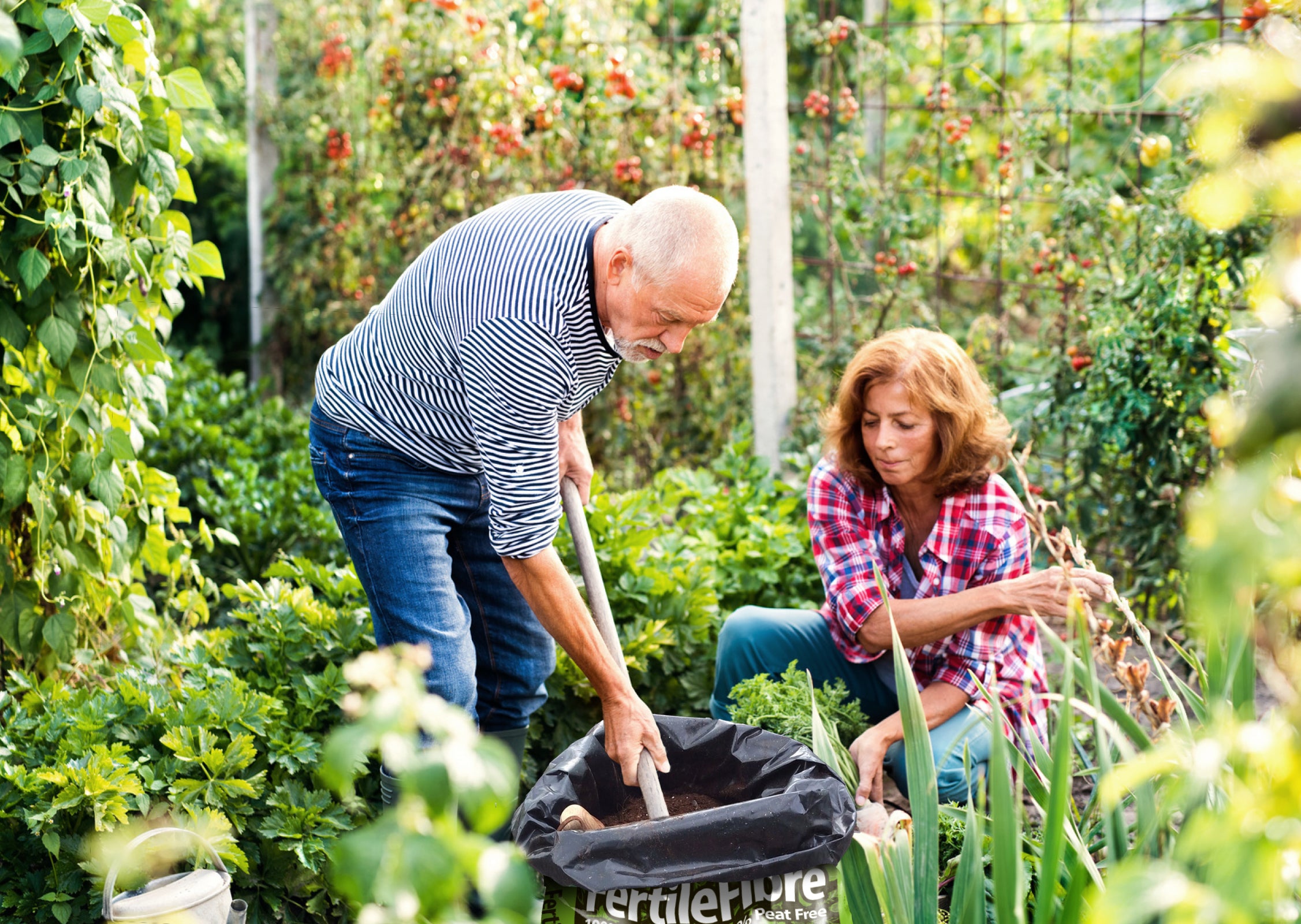Your shopping bag is empty
Go to the shopPeat... An Ecological Disaster
For a long time, peat composts have been seen as an excellent growing medium, which is why it has proved such a popular choice for gardeners, but the attractively bagged peat packs that have been traditionally available in garden centres represent an ecological disaster.
We Should Protect Sites of Special Scientific Interest
Peat is mined from raised bogs, all that is left of a unique primeval wilderness. Formed over millions of years from the decaying remains of plants such as sphagnum mosses, these bogs are home to a variety of plant and wildlife species that depend for survival on their unique environment. Many are designated Sites of Special Scientific Interest (SSSIs). These peat bogs are also vital for the environment, helping to prevent droughts, floods, and intrusion of saltwater into agricultural areas.
Carbon
Perhaps the most worrying fact is just how much carbon these peatlands store - it is estimated that they cover around 3% of the earth's surface and store more than 30% of the carbon found in soils worldwide.
Damaging Habitats
The commercial exploitation of these peat bogs and the recent use of vast pieces of machinery means it takes very little time to decimate these sensitive areas. According to Forestry England 80% of peatland habitats have been lost or damaged.
Across the world, the loss of these habitats is threatening biodiversity on a huge scale. Conservationists and campaigning organisations are working to achieve a complete ban on peat mining.
The Peat Ban
With the government under increased pressure to ban the sale of peat compost, due to its negative impact on the natural environment, and its contribution to climate change, FertileFibre makes a great alternative.
HELP THE ENVIRONMENT — DON’T USE PEAT!
Reasons to shop with us
FREE SHIPPING & RETURN
Free worldwide shipping on all area order above $100
24/7 FRIENDLY SUPPORT
Our support team always ready for you to 7 days a week
7 DAYS EASY RETURN
Product any fault within 7 days for an immediately exchange.






